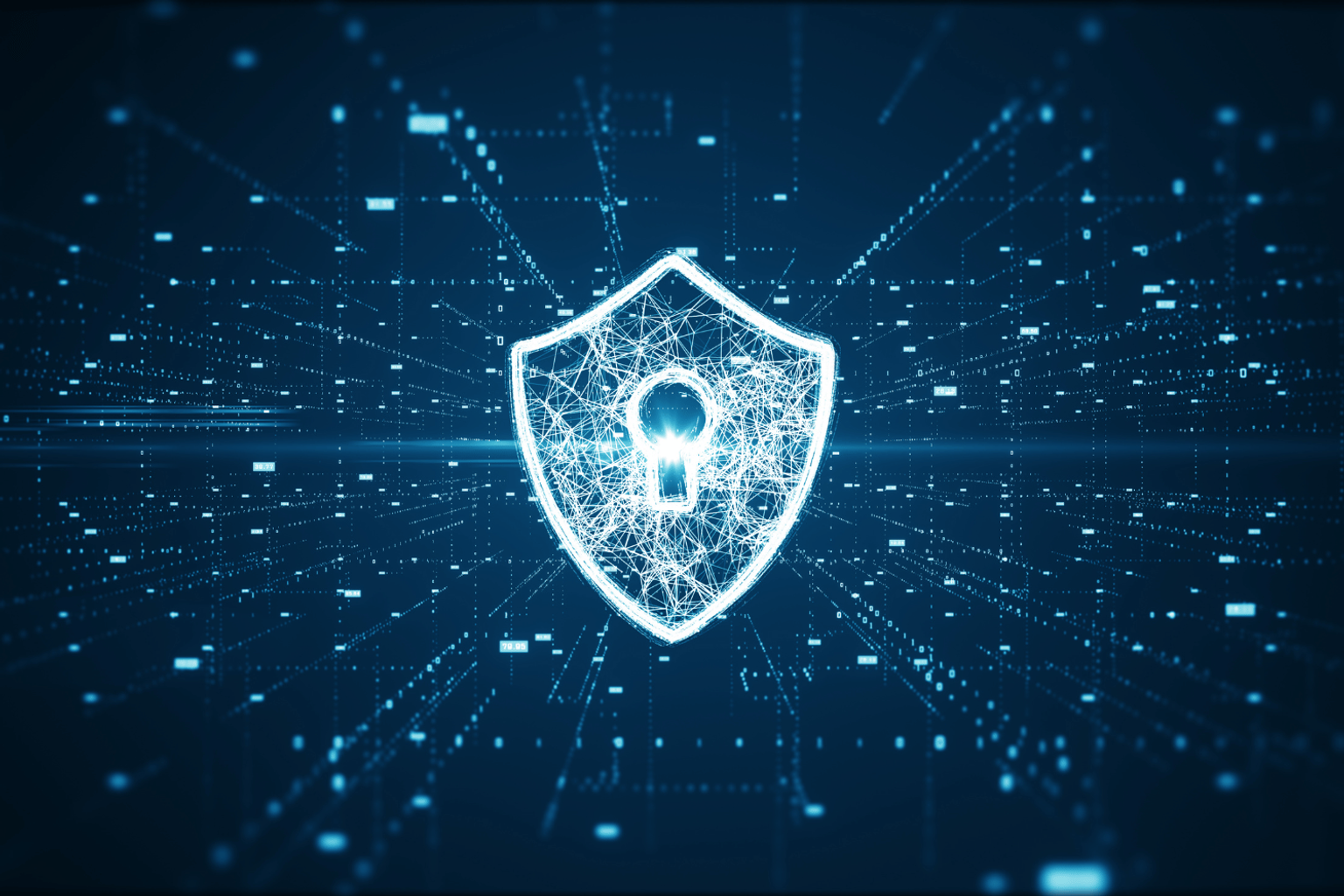Cybersecurity in Ecommerce: Protecting Your Business and Customers
Unveil crucial steps to protect ecommerce platforms against cyber threats, safeguarding customer data.


Ecommerce has revolutionized the way we shop, providing convenience and accessibility to customers worldwide. However, with the rise of online transactions, the need for robust cybersecurity measures has become increasingly important.
Understanding the Cybersecurity Landscape
The digital world is brimming with cyber threats that can compromise the security and integrity of ecommerce businesses. From data breaches and phishing attacks to malware and ransomware, the risks are diverse and ever-evolving. Therefore, it is crucial to have a comprehensive understanding of the cybersecurity landscape to effectively safeguard your business and customers.
Protecting Sensitive Customer Data
Ecommerce platforms store vast amounts of customer information, including personal and financial data. Cybercriminals constantly seek this information to engage in identity theft or fraud. By implementing robust cybersecurity measures, you can ensure that your customers' sensitive data remains secure, building their trust in your business.
Preserving Business Reputation
A data breach can have severe consequences for your business's reputation. News of a security incident can spread quickly, causing customers to lose confidence in your brand. Prioritizing cybersecurity safeguards your reputation and strengthens customer loyalty.
Compliance with Regulations
Various data protection regulations, such as the General Data Protection Regulation (GDPR) and the California Consumer Privacy Act (CCPA), require businesses to protect customer data adequately. Failure to comply with these regulations can result in hefty fines and legal consequences. By investing in cybersecurity, you can ensure compliance and avoid penalties.

Essential Cybersecurity Practices for Ecommerce Businesses
By taking steps to improve their cybersecurity, e-commerce businesses can protect their customers, their businesses, and their reputations. Here are some of the things that e-commerce businesses can do to improve their cybersecurity:
1. Implement Strong Password Policies
Create a password policy that enforces strong and unique passwords for all user accounts. Encourage the use of password managers to securely store passwords and enable multi-factor authentication (MFA) to add an extra layer of security.
2. Secure Your Website with SSL
Secure Sockets Layer (SSL) certificates encrypt data transmitted between your website and customers' browsers. This encryption protects sensitive information from being intercepted by malicious actors. Ensure your website has an SSL certificate installed, indicated by the padlock symbol in the browser's address bar.
3. Regularly Update and Patch Software
Outdated or unpatched software can contain security vulnerabilities that cybercriminals exploit. Regularly update and patch your ecommerce platform, plugins, and other software components to ensure they are equipped with the latest security patches and fixes.
4. Use Reliable Ecommerce Platforms
Choose a reputable and secure ecommerce platform that prioritizes cybersecurity. Research and select platforms that offer robust security features, such as built-in encryption, secure payment gateways, and regular security updates.
5. Educate and Train Employees
Human error is often a weak link in cybersecurity. Educate your employees about best practices for data protection, such as recognizing phishing emails, using strong passwords, and avoiding suspicious websites. Conduct regular training sessions to reinforce these practices and keep security awareness high.
6. Regularly Backup Data
Implement a comprehensive data backup strategy to ensure business continuity in case of a security incident. Regularly backup all critical data and store it securely offsite or in the cloud. Test the restoration process periodically to ensure data integrity.
7. Monitor and Detect Suspicious Activities
Deploy security monitoring tools that can detect and alert you to any unusual or suspicious activities on your ecommerce platform. Prompt detection of potential security breaches allows for a swift response and minimizes the impact on your business.

Conclusion
Cybersecurity is paramount for ecommerce businesses. By prioritizing data protection, you can safeguard your business and customers from cyber threats, maintain a strong reputation, and comply with regulations. Implement the essential cybersecurity practices mentioned in this article to fortify your ecommerce ecosystem and ensure a secure online shopping experience for your customers.
Fortifying Your Ecommerce Venture: A Call to Cybersecurity Action
Remember, cybersecurity is not a one-time investment but an ongoing commitment to the safety of your business and the privacy of your clients. Stay vigilant, keep your software up-to-date, educate your team, and partner with reliable security experts if needed.
At AWM, we understand the importance of cybersecurity in ecommerce. Our team of dedicated experts is here to assist you in implementing the best security practices and protecting your business and customers. Don't leave your online store's safety to chance; reach out to us today and fortify your ecommerce venture for a secure and prosperous future.